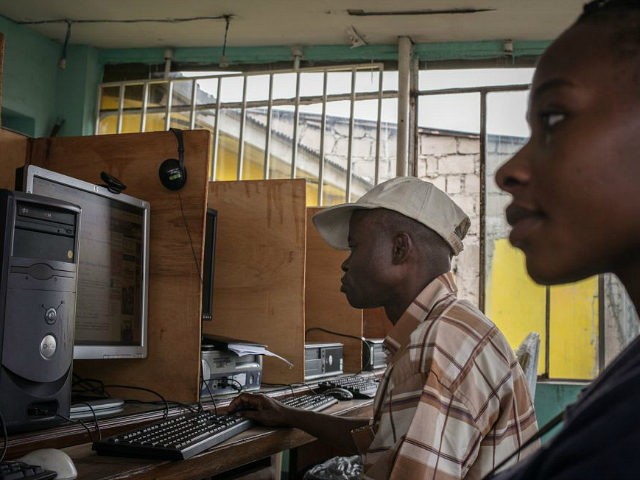Tanzania’s new suite of Internet regulations includes a $930 annual fee for anyone who runs a blog, coupled with extensive registration paperwork that includes a bizarre amount of financial information about the applicant, comparable to the business plan that would be submitted to secure a commercial loan from a bank.
The new registration requirements and fees apply to a host of websites in Tanzania, including online radio stations and social media forums.
Furthermore, online speech that would “lead to public disorder” or even “cause annoyance, threatens harm or evil, encourages or incites crimes” or endangers “national security or public health and safety” is banned. Internet cafes are ordered to install surveillance cameras so computer users can be monitored and identified more easily by police.
This is Africa highlights another ludicrous feature of the new law: failure to set up a password on their mobile phones can get citizens arrested and imprisoned for up to 12 months or fined the equivalent of $2,000 in U.S. dollars, a debt that would take most Tanzanians a lifetime to repay.
CNN notes that the per capita income in Tanzania is about $878 per year, so a $930 fee for blogging will muzzle most of the population quite effectively. If not, the prospect of being hauled into court because someone in authority decided your online activity “caused annoyance” ought to do the trick.
Activists objected that Tanzania’s increasingly draconian cybercrime laws are an offense to the national constitution, which guarantees freedom of speech. Many internet stakeholders seem surprised that the new regulations were pushed through since strenuous objections to them were raised at public hearings.
“The passing of this law is a culmination of the clampdown by the government of President John Magufuli on media outlets and social media use in the country, which has been one of the president’s aims since he entered power,” This is Africa declared. Magufuli’s government has a habit of deciding that news stories about government corruption are a danger to national security and has shut down entire newspapers for daring to run them.
Blogging is seen as a major alternative to state-run news services in Tanzania and a way to circumvent strict controls on organized political dissent. Dissidents fear that the ambiguous nature of the new regulations, vague instructions for compliance, and stiff penalties for disobedience will intimidate Magufuli critics into silence.
The idea of shutting down online speech with a “blogger tax” is catching fire across Africa. Uganda is planning to impose a new tax on everyone who uses social media in July. It will be much lower than Tanzania’s absurd blogging fee but still a significant burden.
Ugandan Finance Minister Matia Kasaija insisted the fees were not meant to restrict online activity or burden speech but were merely an impartial effort to raise money to “maintain the security of the country and extend electricity so that you people can enjoy more of social media, more often, more frequently.”
Kenya could be next to impose taxes on social media activity or burdensome registration requirements on websites. Apprehensive free speech advocates note there have been efforts in the past to impose online content licensing schemes in Kenya, but they were stymied by resistance from powerful media companies.

COMMENTS
Please let us know if you're having issues with commenting.